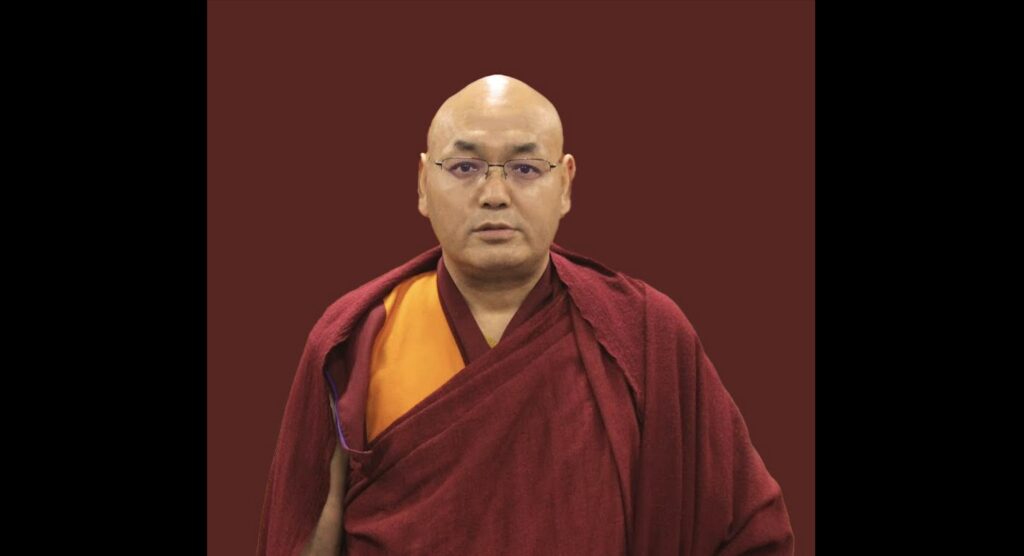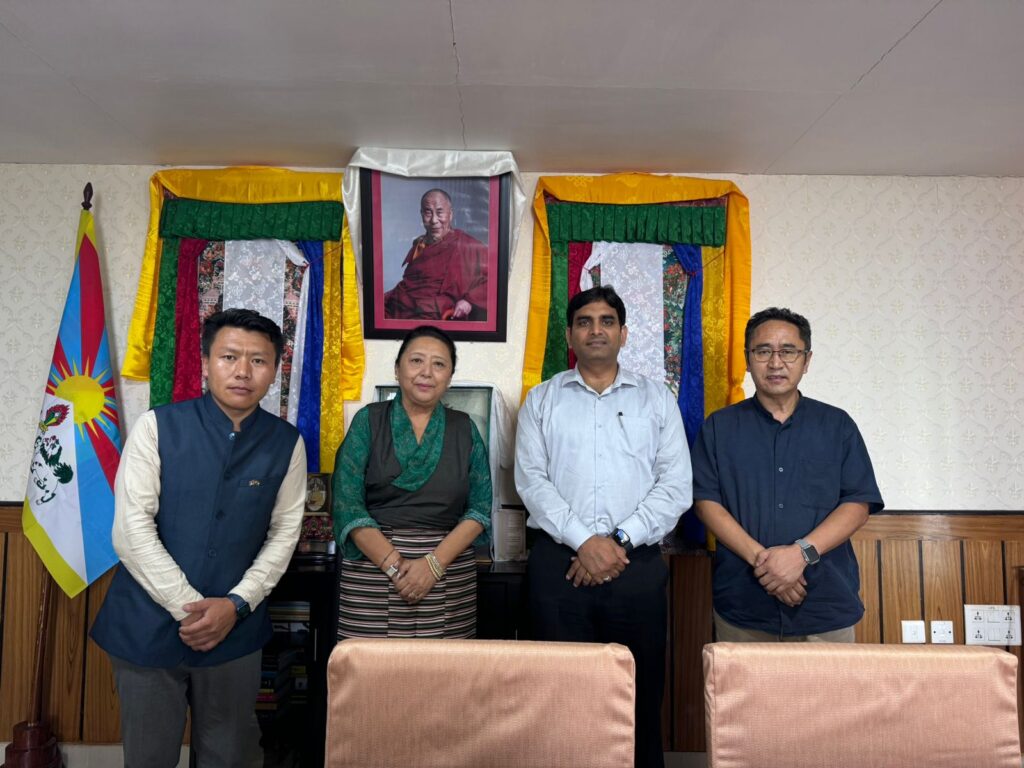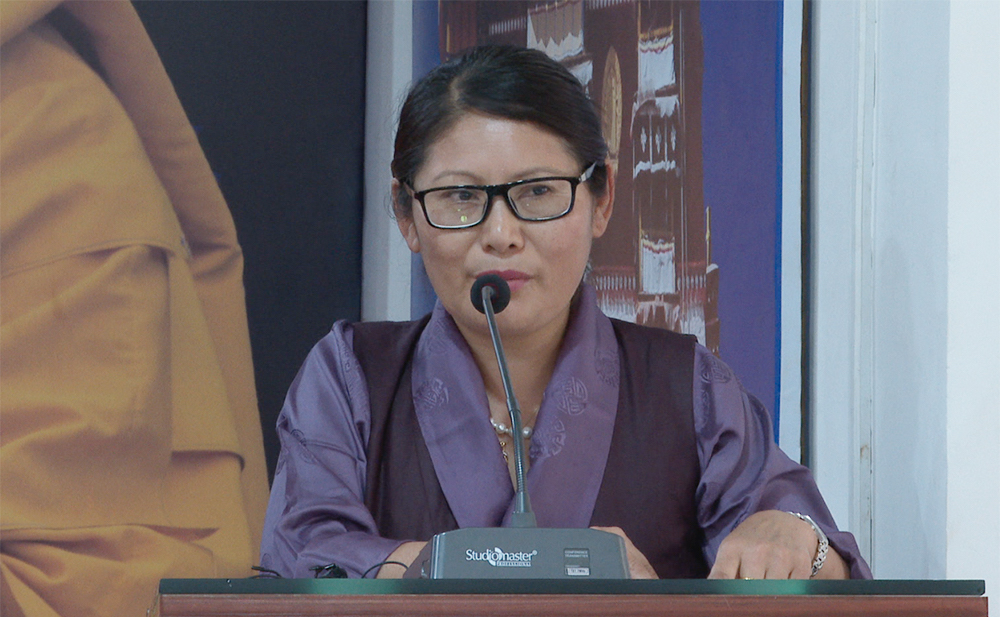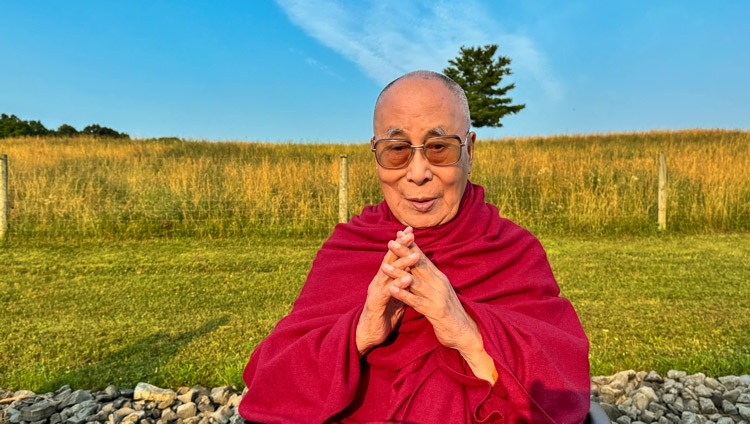European Parliament passes resolution on freedom of religion in the People’s Republic of China
Human Rights: Religious freedom in the People’s Republic of China
B5-0106, 0124, 0142 and 0145/2001
European Parliament’s resolution on freedom of religion in the People’s Republic of China
- having regard to its previous resolution on the human rights situation in China, on Tibet and on the Union’s priorities and recommendations for the March 2001 session of the UN Human Rights Commission in Geneva,
- having regard to the conclusions of the EU-PRC summit meeting of 21 December 1999 and the Council conclusions of 22 January 2001 on the EU- PRC dialogue on human rights,
- having regard to Article 18 on freedom of religion of the United Nations Universal Declaration of Human Rights,
- whereas, in its report (COM(2000)552final) on the implementation of the communication EBuilding a comprehensive partnership with China, the Commission notes that the situation in China has regressed in terms of respect for civil, political and religious rights, a findings which is endorsed in the conclusions of the General Affairs Council of 22January 2001,
- whereas, ever since making it compulsory for places of worship to be registered in 1994, the authorities of the PRC have been unceasing in their efforts to further limit the exercise of the freedom of religion,
- whereas, State control over religion is already evident in the restricted number of religions that are officially recognised, and whereas any religious activity that has not been registered by the official associations is regarded as illegal,
- whereas, although the zeal with which the policy of repressing religious activity is enforced varies depending on the attitude of the local governments, in the supposedly autonomous Region of Tibet that policy is pursued systematically and implacably,
- whereas the religious, cultural and national heritage of the Tibetan people is threatened with extension,
- whereas the Falung Gong organisation was officially declared illegail in China on 22 July 1999, an arrest warrant was issued for its founder, Li Hung-Zhi on 29 July, and in the last two years, according to reports, some 50,000 members of the Falong Gong movement have been arrested, of whom almost 25,000 are now in prison, have been sent to forced labour camp or have been forcibly committed to mental hospitals, while to date 137 of them have died after being ill-treated or tortured in the course of their arrest or detention,
- noting that since 1989, when the Vatican set up its own Bishops Conference, tensions between the authorities in Beijing and the non-official Catholic Church have increased significantly and many prominent members of the clergy of the non-official Catholic Church are still in prison, or have had restrictions placed on their freedom of movement, as a result of their refusal to support the official Church,
- drawing attention to the policy of expulsion and systematic arrest of foreign Protestant priests and the harassment to which members of unregistered Protestant churches are subjected by the administrative authorities,
- condemning the destruction of mosques and the arrest of persons who have taught the Koran without having received prior authorisation from the authorities,
- Calls on China to release all those detained or imprisoned for peacefully exercising their internationally recognised rights to freedom of belief, religion and conscience;
- Calls for the constitutional rights to freedom of religion and belief to be fully guaranteed, together with the exercise of the associated rights of freedom of conscience, freedom of expression, freedom of association and freedom of assembly;
- Regrets that, after having signed the International; Covenant on Economic, Social and Cultural Rights, the PRC has still not finalised the ratification and implementation processed;
- Reiterates its condemnation of the continued and severe violation of human rights in Tibet and the ongoing discrimination practised against the Tibetan people by the PRC authorities on the basis of race or ethnic origin or religious, cultural or political beliefs;
- Invites the PRC government to allow Falung Gong practitioners to practise their fundamental right to freedom of conscience, expression, association and assembly in accordance with the PRC constitution;
- Calls for the European Union and its and its Member States to submit a resolution to the United Nations Commission on Human Rights at its meeting in Geneva to condemn all violations of religious rights and, in particular, those directed against Tibetan and Mongolian monks, certain Christian churches and certain Muslim communities and adherents of the Falung Gong movement;
- Instructs its President to forward this resolution to the Council, the Commission, the parliaments of the Member States, the Office of the UNHC for Human Rights and the PRC Government and Parliament.





